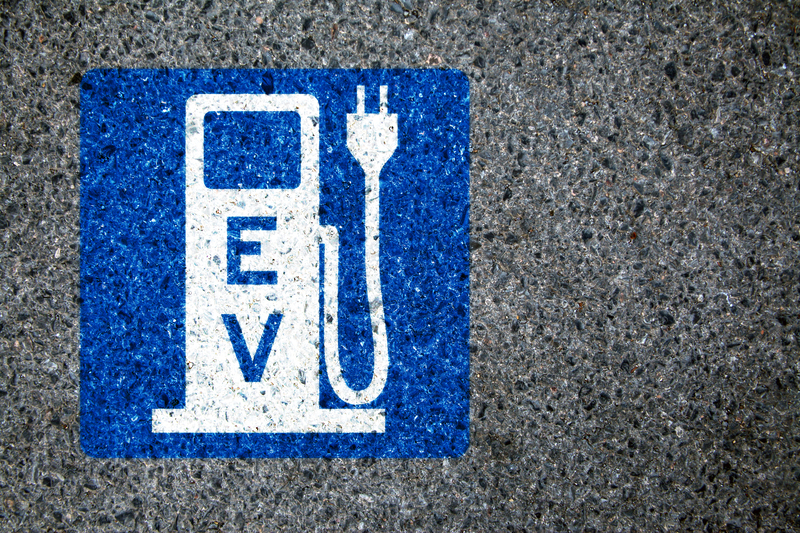TRENTON, NJ – New Jersey Governor Phil Murphy and his administration have announced they are looking into new ways to tax residents in the future as electric vehicles replace gas-powered vehicles. Under the current tax structure, New Jersey collects a gas tax charged at the gas pump.
As more drivers are forced to buy electric vehicles, the administration has officially acknowledged the threat to revenues collected by the current gasoline tax.
New Jersey’s Strategic Climate Action Plan calls for the Trenton think tank to come up with new ways to tax vehicles and drivers as gas tax revenue declines ahead of his 2035 ban on gasoline-powered car sales in New Jersey.
In the plan, Governor Phil Murphy unveils a potential mileage tax on electric vehicles as part of the state’s broader Strategic Climate Plan to offset declining fuel tax revenues.
Several theories exist on what the EV mileage tax would look like.
One plan can be a flat mileage tax for EVs based on the vehicle’s odometer reading.
The plan could also turn into a tax on the electric meter for owners of home-based electric vehicle charging stations.
A third theory suggests Murphy could put the mileage tax burden squarely on those who refuse to go electric, charging a ‘gasoline vehicle surcharge’ on vehicles that are not electric.
You can of course count on increased tolls and other taxes on non-ev vehicles to deter New Jerseyans from sticking to their old reliable gas-powered vehicles.
In a move aimed at keeping the state’s infrastructure budget and salaries flush with cash, Governor Phil Murphy says the state needs to come up with a plan to tax electric vehicle (EV) mileage.
This initiative comes as an extension of the state’s Strategic Climate Plan, which outlines comprehensive measures to phase out gas-powered appliances and vehicles.
“Coordinate with its sister agencies to develop joint recommendations for sustainable funding mechanisms to replace fuel tax revenues currently used to maintain transportation infrastructure,” the plan states.
